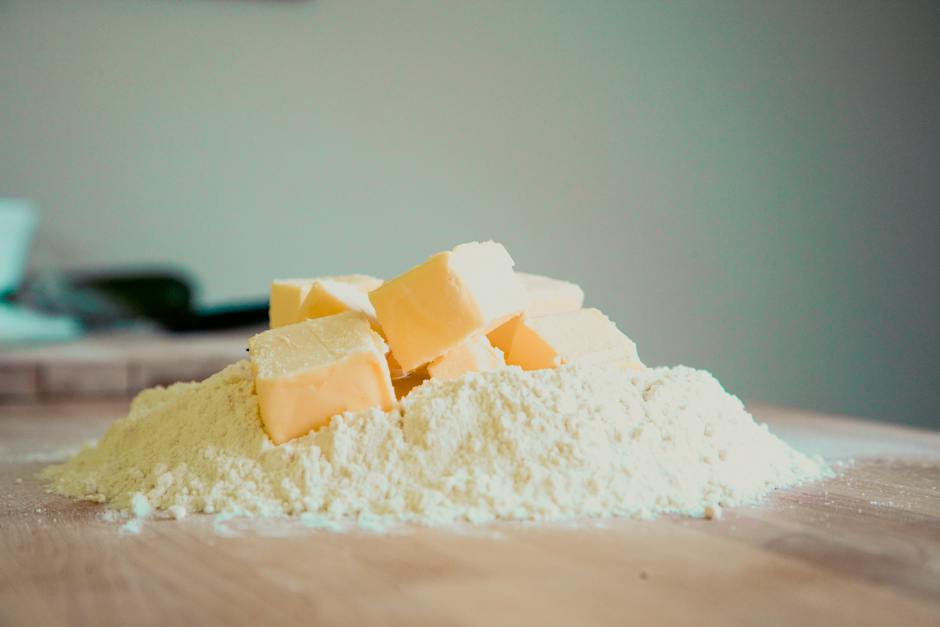Is Butter a Carb? Unpacking the Truth Behind the Question
When it comes to understanding our food, it’s essential to get our facts straight. One question that seems to pop up with regularity is, “Is butter a carb?” This seemingly simple inquiry is often surrounded by confusion and misinformation. In this comprehensive guide, we’ll delve into the world of butter, carbohydrates, and nutrition to provide you with a clear understanding of what butter is made of and how it fits into your diet. Whether you’re a keto enthusiast, a health-conscious foodie, or simply curious, this article will equip you with the knowledge you need.
What Exactly is Butter?
The Composition of Butter
Before we can answer whether butter is a carb, let’s first explore what butter is. Butter is a dairy product created by churning cream or milk to separate the fat from the liquid. This process results in a solid form of fat that is commonly used in cooking and baking.
Nutritional Breakdown of Butter
- Fat Content: Predominantly composed of saturated and unsaturated fats.
- Protein: Contains minimal amounts of protein.
- Carbohydrates: Trace amounts of carbs, primarily lactose.
Is Butter a Carb? Debunking the Myth
Understanding Carbohydrates
Carbohydrates are one of the three macronutrients found in food, alongside fats and proteins. They are essential for providing energy to the body and come in various forms, including sugars, starches, and fibers.
The Verdict on Butter
Butter is not considered a carbohydrate-rich food. It is primarily made up of fats and contains only trace amounts of lactose, a type of sugar found in dairy products. For those counting carbs, butter can be consumed without significantly impacting carbohydrate intake.
The Role of Butter in a Low-Carb Diet
Keto and Butter
The ketogenic diet, or keto for short, is a high-fat, low-carb diet that has gained popularity for its potential weight loss and health benefits. Butter is a staple in the keto diet due to its high-fat content and low carb count.
Benefits of Including Butter
- Energy Source: Provides a rich source of saturated fats for energy.
- Flavor Enhancer: Adds a creamy texture and rich flavor to keto-friendly dishes.
Common Misconceptions About Butter and Carbs
Misconception #1: All Fats Are Bad
The outdated notion that all fats are harmful has been debunked. Healthy fats, like those found in butter, are essential for various bodily functions.
Misconception #2: Butter Leads to Weight Gain
While butter is calorie-dense, it does not automatically lead to weight gain. Moderation and overall dietary context are key factors in maintaining a healthy weight.
How to Incorporate Butter into Your Diet Responsibly
Cooking with Butter
- Use butter for sautéing and roasting to add flavor.
- Opt for grass-fed butter for a higher content of omega-3 fatty acids.
Portion Control
- Be mindful of portion sizes to keep calorie intake in check.
- Pair butter with nutrient-dense foods like vegetables and lean proteins.
FAQs About Butter and Carbohydrates
Is butter suitable for diabetics?
Butter has minimal impact on blood sugar levels, making it generally safe for diabetics when used in moderation.
Can I eat butter on a gluten-free diet?
Yes, pure butter is naturally gluten-free and can be included in a gluten-free diet.
Conclusion: Embracing Butter in Your Diet
In conclusion, butter is not a carbohydrate but a fat that can be enjoyed as part of a balanced diet. It provides energy, enhances the flavor of dishes, and can be included in various dietary patterns, including low-carb and keto diets. By understanding the role of butter and how to use it responsibly, you can make informed choices that contribute to a nutritious and satisfying diet. Remember, moderation is key, and as with any food, it’s important to consider the bigger picture of your overall nutritional intake.


